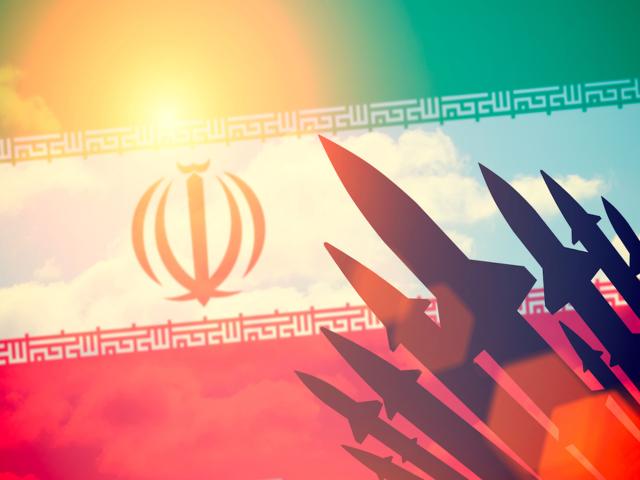Iran's Foreign Minister, Hossein Amir-Abdollahian, embarked on a visit to Syria's capital, Damascus, drawing considerable attention. This visit came on the heels of a serious escalation in regional tensions, following a suspected Israeli strike on Iran's consulate in Damascus, which resulted in the death of seven commanders from the Islamic Revolutionary Guard Corps (IRGC). In a potent display of rhetoric, Tehran has issued stark vows of retribution, reflecting the high stakes involved in this ongoing conflict.
The incident has added fuel to the fire in a region already beset by intricate political and military rivalries. Iran's response was swift and unambiguous, with senior advisors to the Supreme Leader declaring that Israeli embassies were "no longer safe," signaling a potential broadening of the conflict's scope. Israel's Defense Minister, Yoav Gallant, in turn, asserted that the country is fully prepared for any developments in this confrontation with Iran.
🔶 A week after the attack on the embassy in Syria that resulted in the death of seven members of the Revolutionary Guards: Iran's foreign minister, Hossein Amir-Abdollahian, took off for a diplomatic visit to Damascus. pic.twitter.com/B91TIwPTAb
— Monika (@Monika_is_His) April 8, 2024
Amir-Abdollahian's tour included a notable stop in Muscat, Oman, where he engaged with Omani officials and Mohamed Abdel-Salam, a representative of the Houthi movement in Yemen. The meeting underscored Iran's support for the Houthis, with Abdel-Salam reaffirming their intent to target ships bound for Israel, tying such actions to the broader conflict involving Gaza.
The attack on the Iranian diplomatic facility in Damascus was characterized by Amir-Abdollahian as a deliberate escalation by Israel, aimed at expanding the theater of war across the region. This accusation comes amidst a backdrop of longstanding Israeli policy to not publicly comment on its military actions in Syria, maintaining a stance of ambiguity.
Iranian Foreign Minister Hossein Amir-Abdollahian met on Sunday April 7 in Muscat with a leader of Yemen's Houthi rebels, and reaffirmed Tehran's support for attacks carried out by the Yemenis against ships in the Red Sea.
— Brussels Watch (@BrusselsWatch) April 8, 2024
Amir-Abdollahian's visit to Oman is the first stag... pic.twitter.com/iaBiV0Ovra
The aftermath of the Damascus incident saw Iran's military posture shift significantly, with reports indicating a state of "high alert" and deliberations favoring a direct military response against Israel. The rhetoric from Iran's military leadership has been equally combative, promising severe repercussions for the alleged Israeli aggression. However, just today it was reported that the Iranian regime communicated an ultimatum to the United States that could prove to stave off an attack, although it is impractical that Israel would acquiesce. The report claimed that the Iranians are willing to restran themselves from attacking Israel if the fighting in Gaza stops, displaced people are allowed to return and Israel stops fighting and withdraws fully.
This situation has heightened the sense of urgency and preparation on both sides. Israel has taken steps to bolster its defenses, including the activation of reservists and an emphasis on air defense capabilities, in anticipation of potential retaliatory measures. These could range from missile and drone strikes by Iran-backed factions across the region to direct ballistic missile attacks from Iran itself — a scenario Israel has yet to confront directly.
BREAKING: #Report: Iran has sent a message to the United States through Oman, warning of a direct attack on Israel unless there is a complete ceasefire in Gaza, displaced individuals return, and the military withdraws.
— Open Source Intel (@Osint613) April 8, 2024
Via @OALD24
Things are getting interesting. pic.twitter.com/2HgVniUM26
Iran, for its part, has signaled its readiness for a confrontation, with its military forces reportedly on "full high alert." This escalating cycle of threats and military preparedness underscores the fragile balance of power in the Middle East and the potential for this standoff to widen into a more extensive conflict.
The developments in Syria, the mobilization of military forces, and the stark warnings of retaliation mark a critical juncture in the Iran-Israel standoff. As both nations prepare for the possibility of an expanded conflict, the international community watches closely, aware of the far-reaching implications of a direct confrontation in this volatile region.


